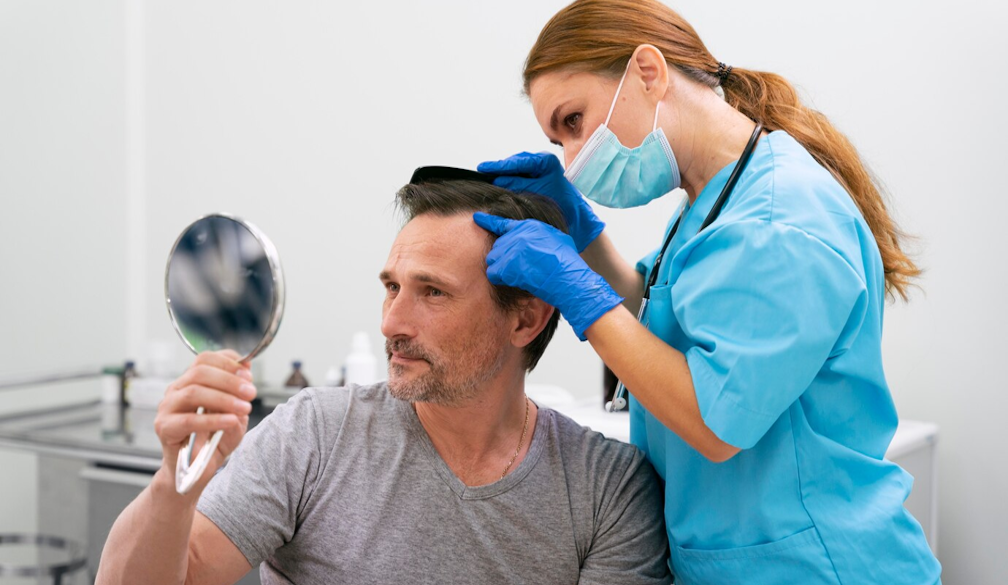Fat nation: the rise and fall of obesity on the political agenda
- Written by Phillip Baker, Alfred Deakin Post-Doctoral Research Fellow, Deakin University
 Why have successive federal governments not regulated junk food marketing to control obesity? The reasons aren't as obvious as you might think.from www.shutterstock.com
Why have successive federal governments not regulated junk food marketing to control obesity? The reasons aren't as obvious as you might think.from www.shutterstock.comWhen we hear the word “obesity”, the words “crisis” or “epidemic” often follow. And as being overweight, obese and eating an unhealthy diet are le...





